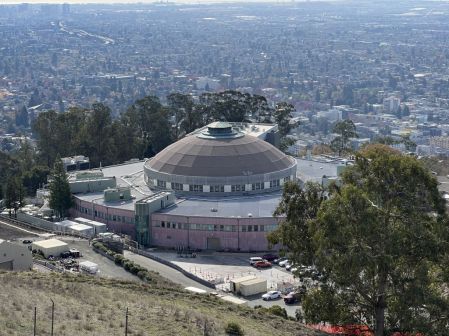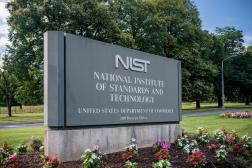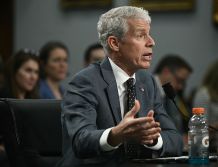Next Generation Computing Act proposed to speed U.S. supercomputer development

Rep. Jay Obernolte, R-Calif., has introduced legislation to bolster one of two high-priority, advanced scientific computing programs at the Department of Energy (DOE).
The Next Generation Computing Research and Development Act would create the Beyond Exascale Computing Program for developing systems with capabilities that exceed those of the fastest supercomputers in the U.S., set to start arriving at the National Laboratories later this year.
The proposed legislation was introduced last Thursday in the House of Representatives, and comes as U.S. lawmakers devote increasing attention to the country’s supercomputing arms race with China. The DOE is targeting the launch of a new exascale computing platform, which is known as Frontier, in October this year.
Exascale refers to a computing system that can perform at least one exaflop – or one quintillion (a billion-billion) calculations per second.
DOE has spent $460 million on its Exascale Computing Project to date. And the proposed successor program would refocus those efforts on new computing architectures, models and simulations, artificial intelligence, and quantum computing.
Commenting on the proposed legislation, Obernolte said: “The future of innovation lies in our ability to unlock new answers about the workings of our world.”
“Those answers will only come with the help of the next generation of supercomputers,” he added.
Obernolte’s bill would establish a special energy efficient computing program, where national labs partner with industry and academia to develop technology and applications that decrease supercomputers’ energy needs. Federal partners would be selected through a competitive process.
DOE would have a year from the bill’s passage to report back on the progress of both new programs.
The bill also requires an upgrade to a user facility designed for the secure transport of researchers’ data, as well as a workforce development program out of the Office of Advanced Scientific Computing Research. It would also create a computational science fellowship with a $21 million-a-year grant.






